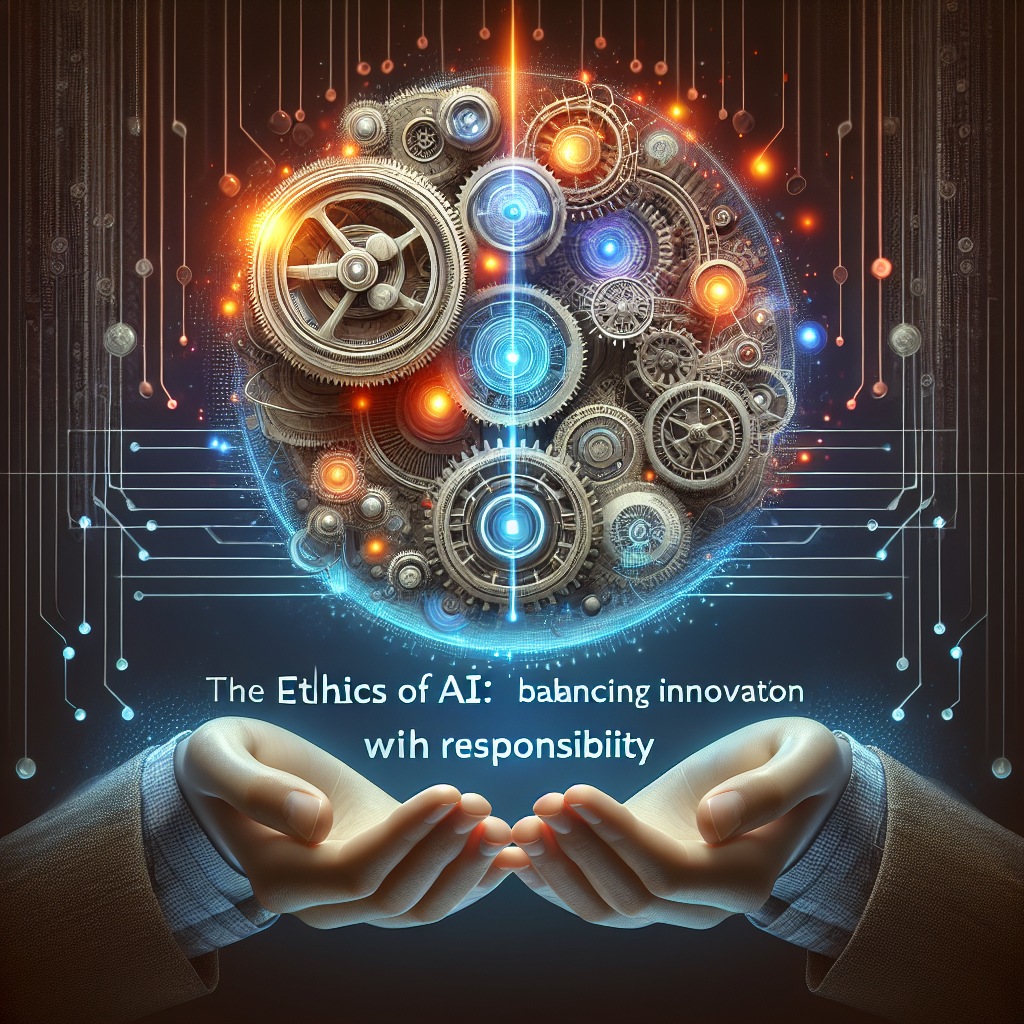Title: Innovation in Action: How Startups Are Disrupting Traditional Industries
In the constantly evolving landscape of the global economy, startups have become the torchbearers of innovation, sparking transformation across various traditional industries. Their agile frameworks, creative solutions, and cutting-edge technologies are not just enhancing existing practices but often overturning conventional norms, offering a glimpse into the future of business and entrepreneurship.
Digital Transformation in Finance
Financial technology or ‘fintech’ startups have been at the forefront of this revolution. Companies like Stripe, Square, and Robinhood have quickly become household names, bringing about profound changes in how individuals and businesses handle financial transactions. These fintech disruptors are leveraging blockchain technology for transparency, artificial intelligence (AI) for predictive analytics, and mobile platforms for ease of access, making banking and investment services more inclusive and user-friendly.
Before the advent of fintech, traditional banking was often criticized for its slow and cumbersome processes, limited accessibility, and high costs. Today, peer-to-peer lending platforms, AI-driven financial advisors, and cryptocurrency exchanges are democratizing financial services, leveling the playing field for millions of users worldwide.
Revolutionizing Healthcare
In the healthcare sector, startups are pioneering ground-breaking solutions to long-standing problems. Companies like Teladoc and Oscar Health are utilizing advanced technology to enhance patient care and streamline health services. Telemedicine platforms, wearable health devices, and AI-driven diagnostics tools are reshaping the industry by providing more accurate, efficient, and personalized healthcare solutions.
The global pandemic accelerated the adoption of telehealth services, revealing the potential for these technologies to improve accessibility and reduce costs in healthcare. Startups focusing on biotechnology, genetic engineering, and digital health records are not just supplementing traditional practices but creating entirely new paradigms for medical treatment and patient management.
Enhancing Education
Education technology or ‘edtech’ startups have redefined learning, breaking down geographical barriers and providing customized, accessible education to students of all ages. Platforms like Coursera, Udacity, and Khan Academy offer a vast array of courses from top institutions, available to anyone with an internet connection. These online education platforms provide flexibility, diverse curricula, and often more affordable options compared to traditional educational institutions.
AI-driven platforms are further enhancing personalized learning experiences by adapting content according to individual student needs, thus providing supportive learning environments that cater to different learning styles and paces.
Revolutionizing Transportation and Mobility
Transportation has seen some of the most radical changes thanks to disruptive startups. Uber and Lyft have transformed urban mobility, offering convenient, on-demand ride services and challenging the taxi industry. Moreover, the rise of electric vehicles (EVs) led by companies like Tesla and more recently Rivian, is pushing the automotive industry towards a more sustainable future.
Additionally, startups focusing on autonomous vehicles and hyperloop technologies are paving the way for innovative modes of transport that promise to fundamentally change how people and goods move around the globe. These advancements are coupled with a range of smart city initiatives, integrating intelligent transportation systems that enhance urban living standards.
Reinventing Retail and Supply Chain
E-commerce giants like Amazon and Alibaba started as startups themselves but have now paved the way for a multitude of smaller companies to join the disruptive wave. Startups such as Warby Parker, Bonobos, and Casper have popularized the direct-to-consumer (DTC) model, cutting out middlemen to offer high-quality products at competitive prices.
Furthermore, logistics and supply chain startups like Flexport and Convoy are using AI and big data to optimize shipping processes, reducing costs, and improving efficiency. By integrating smart technologies, these companies ensure that products are delivered faster, cheaper, and with lesser environmental impact.
Sustainability and Green Technologies
Startups are also at the helm of sustainability, crafting solutions that address climate change and resource depletion. Companies like Impossible Foods and Beyond Meat are innovating within the food industry, offering plant-based alternatives that significantly reduce environmental footprints.
Renewable energy startups like SolarCity (now a part of Tesla) and energy storage companies like Northvolt are driving the shift towards sustainable energy sources. These companies are not just providing eco-friendly options but are also making them more economically viable, pushing both consumers and industries towards greener practices.
Conclusion
The dynamism of startups lies in their ability to challenge the status quo and inspire change across various sectors. By pushing the boundaries of what is possible, these innovative enterprises are not only disrupting traditional industries but also setting new standards for efficiency, accessibility, and innovation.
As markets continue to evolve and new challenges arise, the role of startups in driving innovation will undoubtedly grow. Their ability to rapidly prototype, test, and implement solutions ensures that they will remain at the cutting edge of industry transformation, continually reshaping the economic landscape for a better and more sustainable future.














Leave feedback about this
You must be logged in to post a comment.